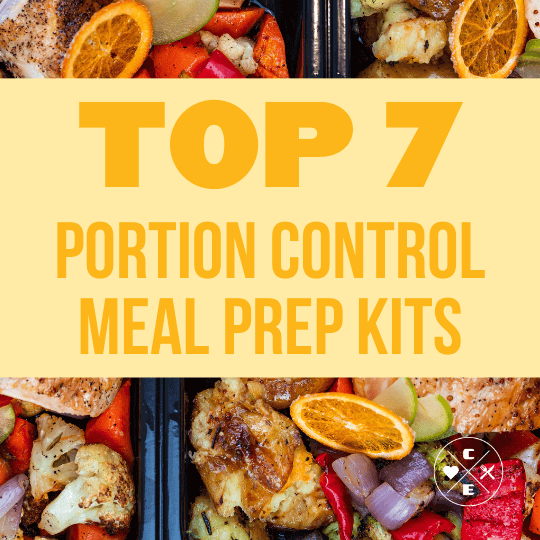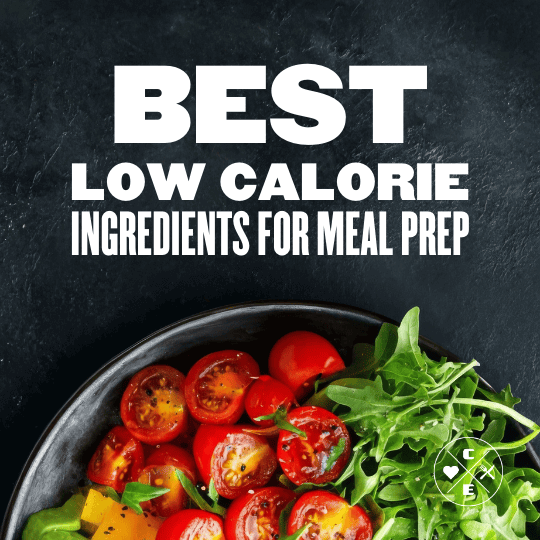
How Low-Carb Diets Impact Long-Distance Running
Jason Nista
Nutrition
|
Exercises & Fitness
7 minute read
Table of Contents
Can you run long distances on a low-carb diet? Yes, but it depends on how your body adapts. Low-carb diets reduce glycogen stores, which can initially lower your running speed and endurance. Over time, your body can adjust to burning fat for energy, but high-intensity efforts may still feel harder.
Key insights for runners on low-carb diets:
- Performance trade-offs: Easier runs improve with fat adaptation, but sprints and tempo runs may suffer.
- Recovery: Prioritize protein and strategic carb intake after runs to support muscle repair and glycogen restoration.
- Weight and digestion: Low-carb diets can reduce water weight and stomach discomfort but may affect gut health.
For best results, transition gradually, monitor electrolyte levels, and consider targeted carb intake during key workouts or races.
How Carbs Fuel Endurance Running
Carbs as Energy Fuel
When it comes to long-distance running, your body relies on both carbs and fats for energy. Carbs are stored in your muscles and liver as glycogen, which serves as a quick energy source. On average, runners can store about 1,800-2,000 calories worth of glycogen. This amount typically lasts for 90-120 minutes of moderate-intensity running.
At the start of a run, your muscles use glycogen stored locally. As these reserves run low, your liver kicks in, releasing glycogen to keep your blood glucose levels steady. This is especially important because your brain relies heavily on glucose, using about 20% of the body's total supply.
However, as glycogen stores dwindle during a long run, your body has to adjust its energy strategy.
Running Out of Glycogen
Ever heard of "hitting the wall"? This happens when your glycogen levels get critically low, usually around mile 18-20 of a marathon. It’s a tough moment, marked by:
- Sudden fatigue and weakness
- A sharp drop in pace (often 2-3 minutes slower per mile)
- Mental fog and trouble focusing
- Heavy, uncoordinated muscles
When this happens, your body begins relying more on fat for energy. While fat is a great long-term energy source, it’s not as efficient as glycogen. Burning fat requires more oxygen and produces energy at a slower rate, making it harder to maintain your performance. This inefficiency is a key reason why low-carb diets spark debate among endurance athletes.
Post-Run Recovery
The recovery window after a run - especially the first 30-60 minutes - is critical for restoring glycogen. Studies suggest consuming 0.5-0.7 grams of carbs per pound of body weight during this time helps speed up recovery.
Recovery unfolds in three stages:
- Immediate replenishment (0-60 minutes post-run): Focus on quick-digesting carbs to boost blood glucose.
- Extended recovery (1-4 hours post-run): Add complex carbs and protein to repair muscles.
- Complete restoration (24-48 hours): Maintain a balanced diet to fully rebuild glycogen stores.
Low-Carb Diet Effects on Running
Speed and Power Changes
Switching to a low-carb diet can lower glycogen stores, which may temporarily impact sprinting ability and overall speed. Runners often find high-intensity intervals and maintaining tempo more challenging at first. However, easier runs tend to be less impacted once the body adjusts.
Fat Burning and Energy Use
Changing the body's primary fuel source also influences energy management. Over a few weeks, endurance athletes can adapt to burning fat more efficiently, which helps maintain energy during long runs. But this shift might come at the cost of peak performance in high-intensity efforts.
Gut Health Considerations
Reducing carbohydrate intake, especially fiber, can affect gut health. Some runners notice fewer stomach issues, while others may encounter problems with nutrient absorption or hydration. Keeping an eye on digestion and overall performance is crucial during this dietary transition.
Is A Low Carb Diet Best For Runners?
sbb-itb-1989a25
Pros and Cons for Runners
This section highlights the main advantages and challenges runners encounter when following low-carb diets.
Weight and Running Efficiency
Low-carb diets often lead to weight loss for endurance athletes, primarily due to reduced glycogen stores and associated water weight. A lighter body can lower the energy needed per mile, improving running efficiency. However, runners should focus on maintaining protein intake to protect muscle mass, and incorporating strength training can help preserve power.
Digestive Comfort
Switching to fat as a primary fuel source can reduce the need for mid-run carbohydrate consumption, which often causes stomach discomfort. Many runners report feeling more comfortable during long training sessions and races on a low-carb plan.
Adjusting to the Diet
Transitioning to a low-carb diet can bring energy fluctuations, making it necessary to adjust training intensity and recovery periods. A gradual transition, along with careful attention to electrolyte levels, can make the process smoother. Understanding these factors is key to crafting a diet that supports performance and recovery.
Key Findings and Recommendations
Research indicates that low-carb diets can have both upsides and downsides for long-distance runners. Success often hinges on carefully timing carbohydrate intake and tailoring the approach to individual needs.
When transitioning to a low-carb diet, give your body time to adjust. During this period, scale back on high-intensity training to help your system shift toward using fat as a primary fuel source. Once adapted, gradually reintroduce more intense workouts.
Here are some key strategies for runners on a low-carb plan:
- Protein is crucial: Ensure enough protein intake to support muscle repair and recovery.
- Choose nutrient-rich fats: Add foods like avocados, nuts, and olive oil for sustained energy.
- Strategic carb timing: Consume carbs around key training sessions to boost performance.
- Electrolyte balance: Monitor sodium, potassium, and magnesium levels to stay hydrated and maintain muscle function.
For long races, periodic carb intake can help maintain energy levels and ward off fatigue. Post-run recovery should include protein right away, anti-inflammatory foods, and plenty of rest to aid muscle repair and reduce soreness.
Success with low-carb diets depends on factors like training volume, dietary history, and how well your body adjusts. Keeping a training log can help you track progress and refine your approach. For a more tailored plan, consider consulting a sports nutritionist.
These insights can help you choose meals that align with your goals - like the low-carb options available from Clean Eatz Kitchen.
Clean Eatz Kitchen Low-Carb Meal Options
Sticking to a low-carb diet while training can feel challenging, but Clean Eatz Kitchen makes it simpler with meals designed to fit your goals. Their High Protein Meal Plan costs $59.95 and focuses on protein to help with muscle recovery, offering a balanced mix of macronutrients to support your training.
If you prefer more control, the Build Your Meal Plan option, priced at $53.95, lets you customize meals to suit your specific needs. These portion-controlled meals make it easy to track your macros and stay on top of your recovery.
For a larger supply, the Bulk Box starts at $205.00 for 30 meals. It’s a convenient choice for quick post-run refueling, as all meals are ready to heat and serve.
Here’s what makes Clean Eatz Kitchen's low-carb meals stand out:
- Portion control: Pre-portioned meals help you maintain the right macronutrient balance.
- Balanced nutrition: Meals include lean proteins and healthy fats, perfect for endurance training.
- Convenience: Chef-prepared, frozen meals are microwave-ready, saving you time during training.
With a rotating monthly menu, you’ll get variety without sacrificing nutritional consistency. Plus, there’s no subscription required, giving you the flexibility to adjust based on your training schedule or race season.
Related Articles
Best Foods for Stress-Related Nutrient Loss
5 minute read
Top 7 Portion Control Meal Prep Kits
9 minute read
Best Low-Calorie Ingredients for Meal Prep
8 minute read



